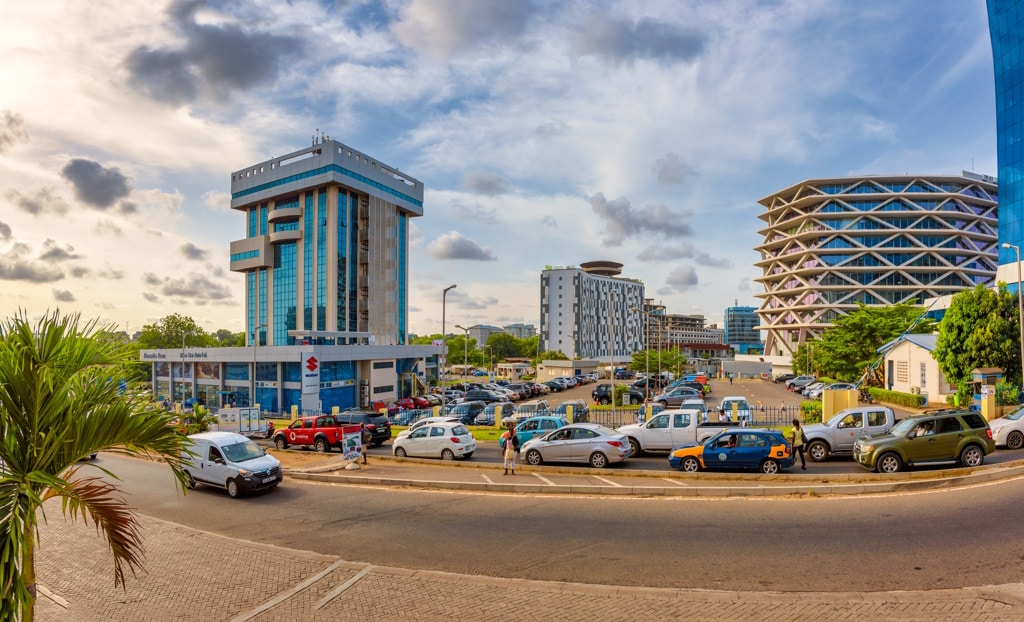The 28th United Nations Conference of the Parties on Climate Change (COP28) is continuing in Dubai in the United Arab Emirates (UAE). A number of events took place on 1 December 2023, including a workshop on sustainable urban transport in Africa organised by the Organisation for Economic Co-operation and Development (OECD). According to the Paris-based institution, it is vital to “reimagine transport systems in African cities” at a time when the carbon footprint of human travel is exacerbating the climate crisis.
The Ghanaian cities of Accra and Kumasi, with populations of 2.6 million and 3.7 million respectively, were mentioned on more than one occasion to give a clearer picture of the lack of public transport infrastructure on a continental scale, the failure to include vulnerable people (women, children, the disabled) in urban mobility plans, and the absence of a programme on eco-driving (3,440 traffic accidents in Ghana in the first half of 2023, editor’s note).
The panel included Brilé Anderson, Head of Research and Policy Advice at the OECD, Jorge Patiño, Geography Researcher at the OECD, Kwadwo Owusu, Director of the Climate Centre at the University of Ghana, Charlène Kouassi, Managing Director of Movin’On LAB Africa, Andrew Boamah Asare, Infrastructure Specialist at the Swiss Embassy in Ghana, and Alex Johnson, Head of Transport at the Accra Metropolitan Assembly.
Getting around peacefully and without pollution
Among the solutions proposed at the OECD pavilion at COP28 is the development of public transport. A model that will help avoid the 600,000 deaths a year linked to pollution from internal combustion vehicles in a regional context (West Africa) where “everyone wants to drive their own car”, lamented the six speakers. It should be noted that the car fleet in Africa is essentially made up of second-hand vehicles, most of them imported from Europe and Asia.
Read also- After the agreement on financing of loss/damage, what are the challenges for COP28?
But for Mamaa Grant Monney, consultant for the Transitec engineering platform, the most efficient and least expensive option at the moment is walking. The OECD teams concluded the two hours of discussions by announcing that they would be publishing a strategic document in the coming months. This should help local elected representatives and governments to draw up real spatial planning policies and even action plans for the implementation of sustainable urban transport infrastructures between now and 2030.
Benoit-Ivan Wansi
